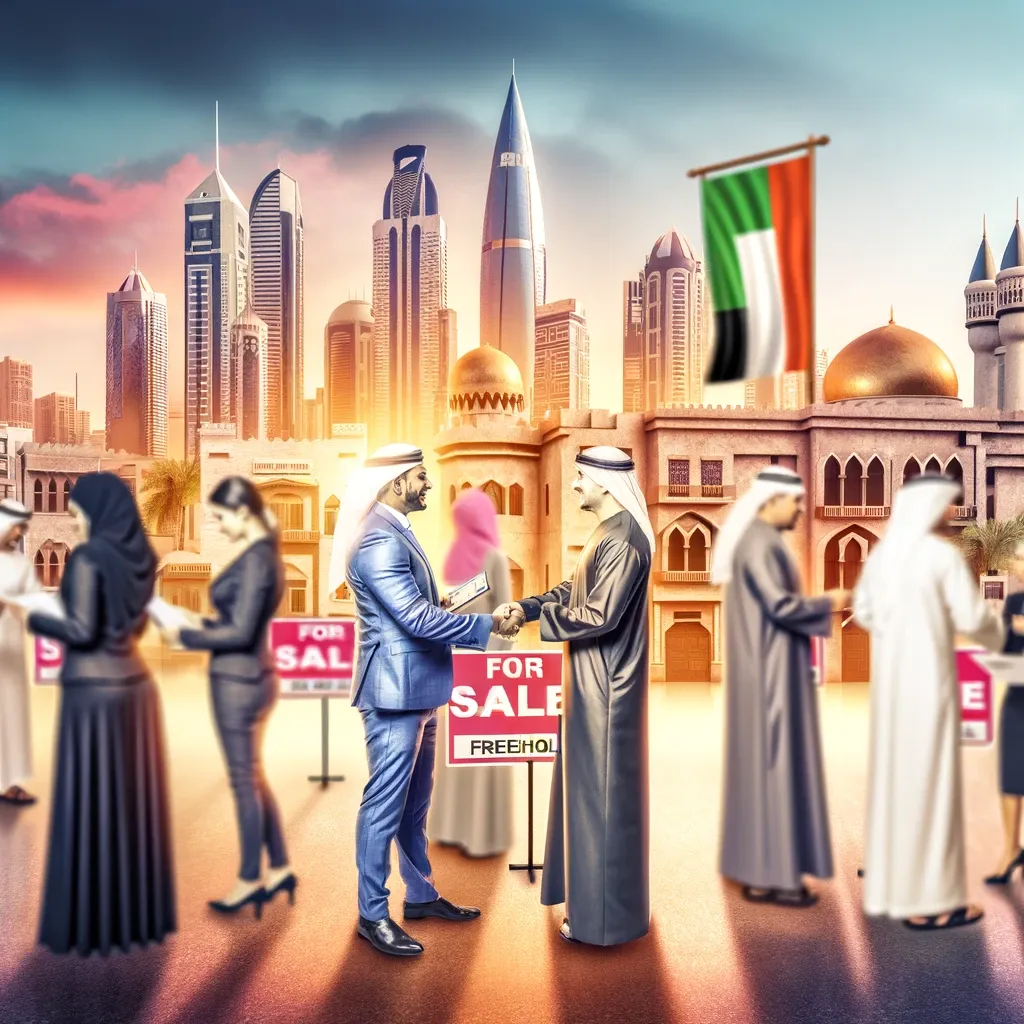The opening of the real estate market of Saudi Arabia to foreigners: the development of hospitality and tourism in the UAE and the Persian Gulf.

Today we are looking at an event that will be a significant moment for the Gulf region. The largest economy in this region, Saudi Arabia, is set to open its real estate market to foreign investors, including the holy cities of Mecca and Medina. Real estate market experts believe that the opening of the Saudi market will not only provide another attractive and stable opportunity for foreign investors, similar to the UAE, but will also offer regional and global developers a chance to expand their portfolios in a region where investment returns are significantly higher than in many other countries.
The regional residential real estate market is already facing a shortage of homes, which will also attract more investments and drive up prices. According to Statista, by 2022, the Gulf countries were experiencing a shortage of over 6 million housing units, with Saudi Arabia leading in the size of the deficit. Currently, the UAE, pioneers in introducing freehold property sales in the Gulf region, leads the area in offers of fully owned real estate. Dubai allows citizens of any nationality to purchase property in about thirty districts. Similar opportunities are available in Abu Dhabi, Sharjah, and other northern emirates.
According to the Central Bank of the UAE, real estate ranks sixth among non-hydrocarbon sectors, accounting for 8.2 percent of the oil and gas GDP. Additionally, Bahrain offers around 10 areas for foreign purchase, while Qatar has 10 localities. Neighboring Oman also allows foreigners to acquire property in certain projects within its territory.




To boost construction activity in the country and build more homes, the government of Saudi Arabia has introduced a 2.5 percent tax on undeveloped land purchased by owners in urban areas. The international rating agency S&P forecasts steady growth in the real estate market in Saudi Arabia, supported by the "Vision 2030" and "Ithra" programs, which plan to implement real estate and infrastructure projects worth $1 trillion. The kingdom aims to create at least eight new cities and over 1.3 million new homes by 2030. Numerous projects are also planned for major cities, and according to industry representatives, Mecca and Medina will attract significant interest from Muslims around the world, while cities like Neom, the Red Sea project, and Qiddiya will draw more international buyers.
As a result of opening the real estate market to foreigners, the Gulf countries will see an increase in the contribution of the real estate market to the overall economy of the region, helping regional governments diversify their sources of income away from the oil and gas sector. Experts say that the benefits provided by the free laws will not be limited to residential and commercial properties but will also accelerate the development of related industries, such as theme parks and hotels.
Comment
Popular Offers




Subscribe to the newsletter from Hatamatata.com!
Subscribe to the newsletter from Hatamatata.com!
I agree to the processing of personal data and confidentiality rules of Hatamatata

